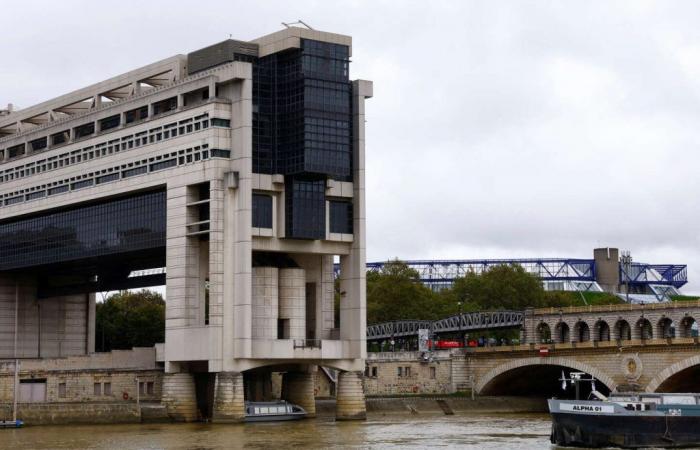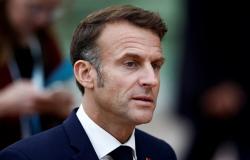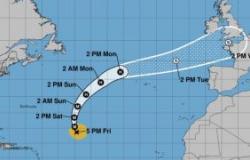Energy prices are a flammable subject and the electricity bill could further add to the already tense discussions surrounding the 2025 budget, which the government is due to present on Thursday. The Ministry of Budget and Public Accounts confirmed, Sunday October 6, information from the newspaper The Parisian published the day before according to which Bercy would consider increasing a tax on electricity.
According to the daily, “Bercy is working on an increase in the domestic final consumption tax on electricity (TICFE) beyond 32.44 euros per megawatt hour [MWh]which was the level of taxation before the inflationary crisis ». Currently, this tax is set at 22 euros per megawatt hour. Questioned by Agence France-Presse, the ministry acknowledged that this hypothesis was being studied: “It is planned to go further, but for the moment there is nothing definitive, it will be submitted to parliamentary debate”it was declared.
Pannier-Runacher warns against “double punishment”
On Sunday, the Minister of Ecological Transition and Energy, Agnès Pannier-Runacher, warned against “the risk” to go too far in increasing this tax. The fall in prices on the international market “allows us to return the tax that the French paid before the energy crisis to the pre-crisis level”she noticed on France 3. “Simply, we must not go beyond”she said.
Mme Pannier-Runacher called to be “very vigilant”. “If we go beyond [des 32 euros/MWh]the risk is that there will indeed be an increase in the price of electricity. We must be very vigilant because modest French people and the middle classes (…) will have double punishment. They are often the ones who live in thermal colanders”according to the minister.
The previous government organized the gradual end of the tariff shield – a device which is very expensive for the State, estimated at 110 billion euros from 2021 to 2023. It thus increased the amount of the TICFE in February from 1 to 21 euros/MWh and intended to increase it to 32.44 euros/MWh in February 2025, i.e. its level before the surge in inflation, while this tax had been lowered to the minimum to relieve the French’s bills during the energy crisis . Raising it to 32.44 euros/MWh should allow the State to recover 5 billion euros.
Despite the end of the tariff shield, French people with regulated tariffs should nevertheless expect a drop of at least 10% in their bills by this same deadline, the Energy Regulatory Commission (CRE) estimated in September.
Read also | Article reserved for our subscribers Electricity: the reduction in EDF’s “blue tariff”, for individuals, is confirmed for 2025
Add to your selections
“The drop in market prices will more than offset the increase in this tax. We will be around 10% [de baisse] for the 80% of French people who pay regulated electricity prices »assured the government spokesperson, Maud Bregeon, in the program “Political Questions” (France Inter, France Télévisions, The World). If the tax rises above 32 euros/MWh, however, the consequences could be different.
More than 20 million customers
From individuals to businesses, everyone is affected by the increase in the TICFE: subscribers to the regulated EDF tariff (the so-called blue tariff, the peak/off-peak tariff, or the Tempo offer), i.e. more than 20 million customers, but also individuals and professionals who have subscribed to a fixed or variable price market offer from an alternative supplier.
Agnès Pannier-Runacher highlighted the effect on businesses of an increase in this tax: “It is also an important element for manufacturers, for bakers, because when there is taxation, it is visible in their costs. And so here too, we will have to be vigilant”she insisted. “The arbitrations are underway and it is Parliament which will decide” during the budget review next week, she concluded.
Within the framework of regulated tariffs, the price is set by the public authorities, on a proposal from the CRE. “The 20% [de clients] which have unregulated prices can easily switch to regulated prices”declared the ministry to AFP.
Read also | Article reserved for our subscribers Rise in electricity prices: the government invites the Energy Regulatory Commission to review its copy
Add to your selections






